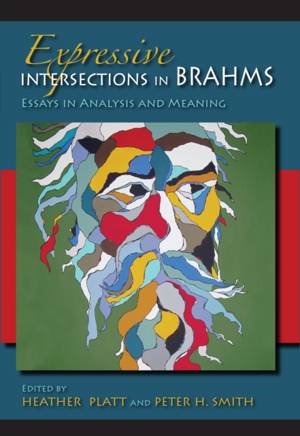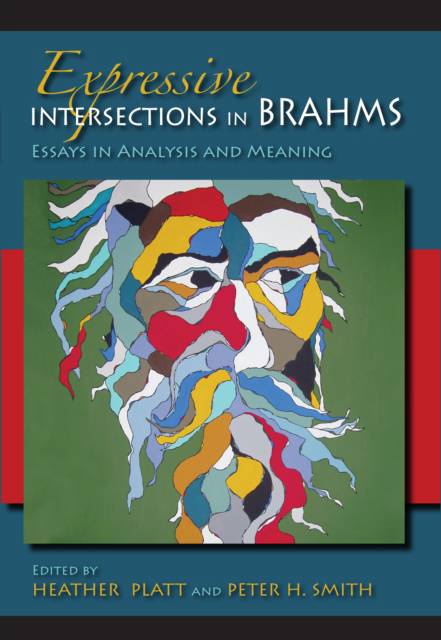
- Retrait gratuit dans votre magasin Club
- 7.000.000 titres dans notre catalogue
- Payer en toute sécurité
- Toujours un magasin près de chez vous
- Retrait gratuit dans votre magasin Club
- 7.000.0000 titres dans notre catalogue
- Payer en toute sécurité
- Toujours un magasin près de chez vous
Expressive Intersections in Brahms
Essays in Analysis and Meaning
Description
Contributors to this exciting new volume examine the intersection of structure and meaning in Brahms's music, utilizing a wide range of approaches, from the theories of Schenker to the most recent analytical techniques. They combine various viewpoints with the semiotic-based approaches of Robert Hatten, and address many of the most important genres in which Brahms composed. The essays reveal the expressive power of a work through the comparison of specific passages in one piece to similar works and through other artistic realms such as literature and painting. The result of this intertextual re-framing is a new awareness of the meaningfulness of even Brahms's most "absolute" works.
Spécifications
Parties prenantes
- Editeur:
Contenu
- Nombre de pages :
- 316
- Langue:
- Anglais
- Collection :
Caractéristiques
- EAN:
- 9780253357052
- Date de parution :
- 18-07-12
- Format:
- Livre relié
- Format numérique:
- Genaaid
- Dimensions :
- 157 mm x 231 mm
- Poids :
- 657 g

Les avis
Nous publions uniquement les avis qui respectent les conditions requises. Consultez nos conditions pour les avis.





